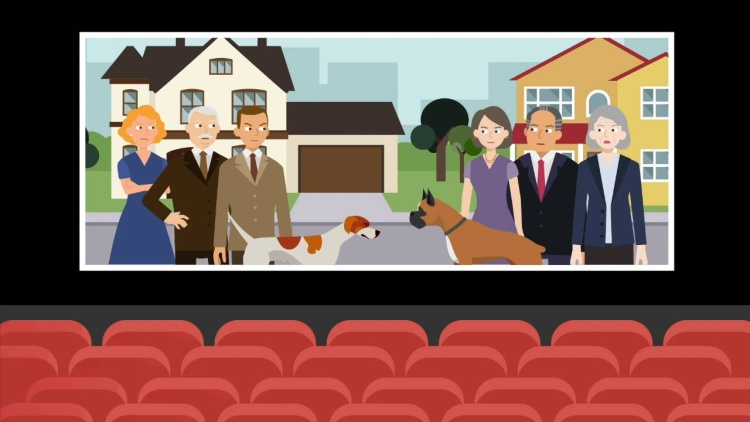Nichols v. Universal Pictures Corporation
United States Court of Appeals for the Second Circuit
45 F.2d 119 (1930)

- Written by Sean Carroll, JD
Facts
Anne Nichols (plaintiff) wrote a play called “Abie’s Irish Rose.” The play was about an Irish Catholic father and a Jewish father whose children married each other in secret because the fathers would not have approved. The underlying theme of the play was the fathers’ discontent for each other and for the relationship of their children. The fathers’ animosity was based on their religious differences. Eventually, the children had their own child and as a result, the fathers reconciled. Subsequently, Universal Pictures Corporation (Universal) (defendant) made a movie called “The Cohens and the Kellys.” The movie was also based on an Irish Catholic and a Jewish family whose children wed. The fathers similarly did not get along, but not due to their differing religions, more on account of the general animosity of the Jewish father. Also similarly, the children had their own child, and the fathers eventually reconciled. However, in The Cohens and the Kellys, the grandchild had little to do with the reconciliation. The main themes throughout The Cohens and the Kellys were family finances and the relationship between wealth and generosity. Religion did not play a role. Nichols brought suit for copyright infringement. The district court found in favor of Universal. Nichols appealed.
Rule of Law
Issue
Holding and Reasoning (Hand, J.)
What to do next…
Here's why 907,000 law students have relied on our case briefs:
- Written by law professors and practitioners, not other law students. 47,100 briefs, keyed to 996 casebooks. Top-notch customer support.
- The right amount of information, includes the facts, issues, rule of law, holding and reasoning, and any concurrences and dissents.
- Access in your classes, works on your mobile and tablet. Massive library of related video lessons and high quality multiple-choice questions.
- Easy to use, uniform format for every case brief. Written in plain English, not in legalese. Our briefs summarize and simplify; they don’t just repeat the court’s language.





